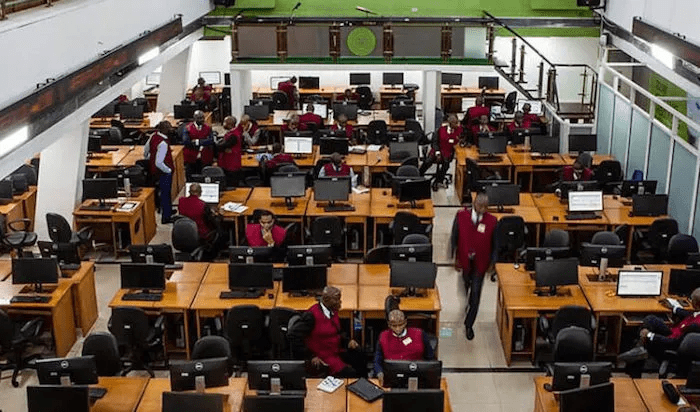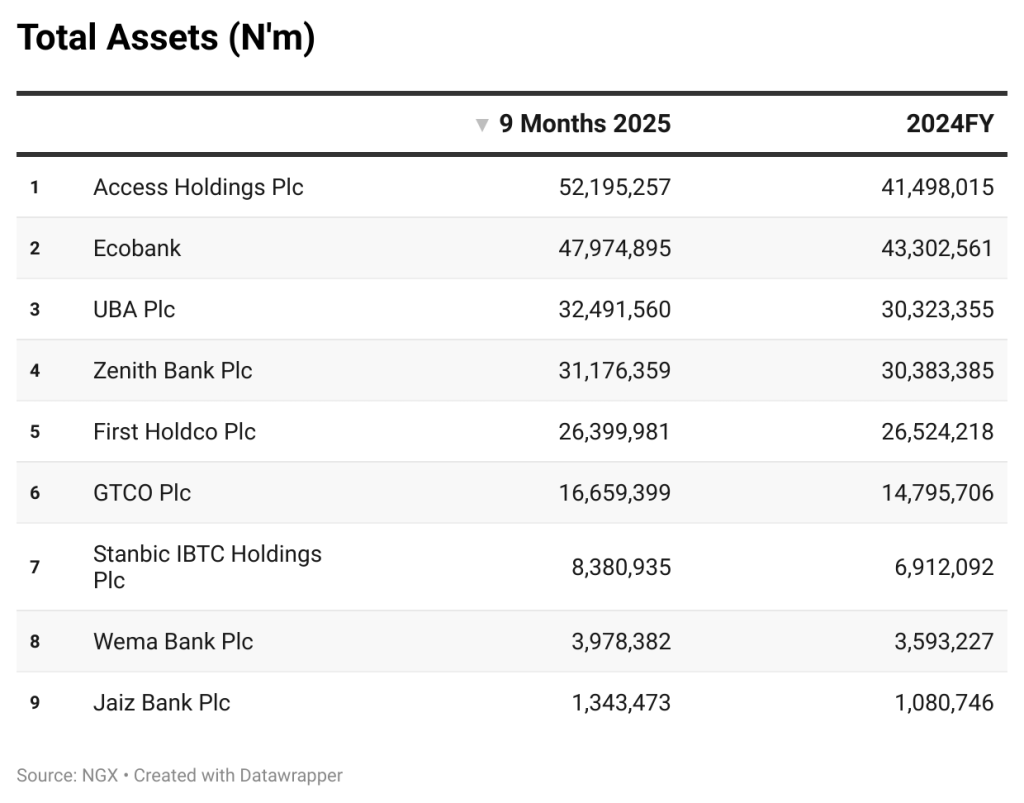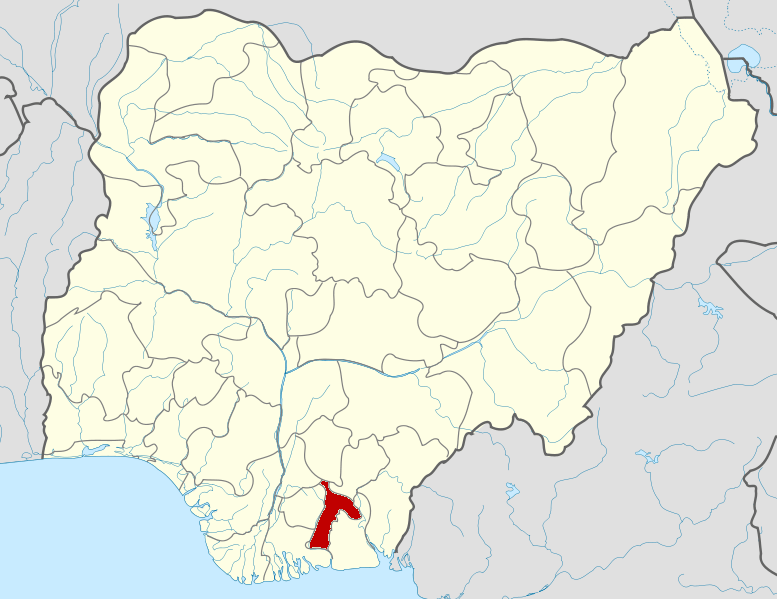
*Says FCCPC confirms no indication Dangote tending towards cartelisation
*NUPRC assures new regulations will soon yield results
*Energy expert argues insecurity scaring investment in pipelines
Emmanuel Addeh in Abuja
The Nigerian Upstream and Downstream Petroleum Regulatory Authority (NMDPRA) has argued that there’s currently no cartel in the downstream oil sector, stressing that its interaction with the Federal Competition and Consumer Protection Agency (FCCPC) confirms its position.
Speaking during a panel session at the just concluded Energy Correspondents Association of Nigeria (ECAN) maiden conference in Abuja, NMDPRA’s Secretary and Legal Adviser, Dr Joseph Tolorunse, also disputed insinuations that the fuel pricing templates provided by the regulator were opaque, stressing that this is published regularly by the authority.
At the conference with the theme: “Four Years of the PIA: Achievements, Gaps and the Road Ahead,” Tolorunse maintained that since the enactment of the Petroleum Industry Act (PIA) in 2021, there has been a transformation of the sector.
The NMDPRA top official stated that the organisation will continue to protect the Nigerian people by strictly following its pricing framework to protect Nigeria’s consumers and also to ensure the development of the market.
“The role of the NMDPRA is to ensure that there is no abuse of dominant players and to also investigate whether there’s going to be a monopolistic tendency. Where there’s a monopoly, where we find out that there’s a dominant player, a monopolistic tendency, the PIA empowers us to control the price, setting the price at which it has to be sold.
“ So we discovered that of all the local refineries we have, only one is producing PMS. It’s not enough to wet the whole country. I don’t want to call figures here, but I just want to put it, it’s not enough to wet the whole country. And what do we do? We have to have a system whereby more products are coming to ‘complement’ what local refineries can produce. And that has caused controversy.
“So in other words, we have to import, give import licenses to qualified individuals to ‘complement’ local refineries. And it’s very much within our law. The PIA allows that if we don’t have enough products in the country. The NNPC is the supplier of last resort to do that.
“Secondly, if I refine that, we can even allow you to import. If you are a reputable oil trader, we can allow you to import. These are powers we have in the industry, in the PIA, which we are actually utilising,” he posited.
Besides, the organisation stated that it will not shirk its role to ensure that feedstock, both crude and natural gas are guaranteed for the refineries and the gas processing plants as well as ensuring that there’s adequate supply of products in the country.
“We’re also meant to protect the consumer and we do this in collaboration with the FCCPC, and to protect even the operators, to ensure that there’s no monopolistic tendencies or abuse of dominant players.
“You will see that we are within the mainstream and downstream space, and it covers maybe from transportation, bulk transportation of products and feedstock up to processing plants, and then from there to storage, and then from storage to distribution, then from distribution to retailing.
“These are all the things we do…We have to ensure that there’s availability of products…We don’t also want a situation whereby the marketer is selling anyhow. So we have to give a pricing framework. That’s what the law allows us to do. We give a pricing framework and ensure that they comply with the pricing framework,” Tolorunse added.
According to Tolorunse, the issue of lack of transparency in pricing of products is not fact-based, as the authority publishes the figures regularly. Although the NMDPRA does not strictly control prices, he noted that downstream operators are allowed to sell at the price that falls within the pricing framework.
“ I don’t think it’s true that there’s no template. That’s what I mean by setting a pricing framework, which we publish. In fact, the PIA says we should publish it. The pricing template is published, it is transparent. Go to our website and you see it,” he stressed. According to the NMDPRA secretary, the pricing template is meant to be cost-reflective.
Also speaking, the Head of Regulatory and Statutory Compliance, Nigerian Upstream and Downstream Petroleum Regulatory Commission (NUPRC), Kingston Chikwendu, noted that the PIA has significantly transformed the petroleum sector, emphasising that the old regime for a very long time, dwarfed the growth of the sector.
“So we can say from the vantage point of a key participant and stakeholder that a whole lot has changed. That whole space has been revolutionised by the PIA, which requires that for you to make regulations, now you have to involve stakeholders.
“And both the upstream and the midstream and downstream authority have strictly followed that provision of the law. In all the regulations that have been issued, you find out that robust stakeholder engagement was carried out. And the end result of it have been regulations that have been acknowledged by everybody to accord with global best practices.
“Again, the speed of activities and action within the regulatory space has also been enhanced by the provisions of the PIA. If you recall, PIA has a very key provision that requires approvals where necessary to be given within a specific period. And where such approvals are not coming, you have the deemed approval provision that will apply.
“So what this has done also is that it has now met the regulators on both sides to improve their rules to ensure that approvals, either for permits, for licenses, for authorisations, and so on and so forth, come out as quickly as possible in conformity with the requirements of the law’’, Chikwendu said.
With the ongoing activities by the upstream regulator, he stated that the Final Investment Decision (FID) by SPDC with respect to two key major projects in the upstream sector, have now been completed .
Besides, he noted that the NUPRC conducted licensing rounds that were almost 100 per cent subscribed and concluded in record time. “Beyond all of that, you also see the proactiveness of the two regulators in this sector. This wasn’t the way it was before,” he stated.
In his intervention, the Chairman, AHA Strategies, Henry Adigun, blamed the slow progress in the growth of Nigeria’s pipelines segment of the oil and gas sector, partly on insecurity, but argued that this must be placed in the context of the whole economy.
“Investments are driven by a lot of decisions… But part of what Nigeria is facing now in the context of investment in such areas is insecurity. The level of theft of crude is reducing. But we find out a lot of more companies are barging rather than using pipelines to store their products. There are a lot of issues around how you put your money anywhere.
“You can’t get your money back if nobody is using your facility. Another principle of regulation is that it’s a thoroughfare kind of thing. I put, you put. The network could now allocate costs to each of us and how much you’ve put.
“Now, if I’m an investor and I’m coming to Nigeria and I do a scenario overview and I realise out of 11 companies there are 6,000 barges, I won’t put my investments in pipelines because nobody’s using it,” he argued.
However, in terms of gas pipelines, he noted that there has been some growth, explaining that when the AKK pipeline is completed, there will be a lot of subsidiary connectivity along the line.




